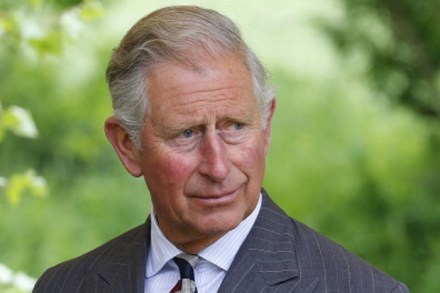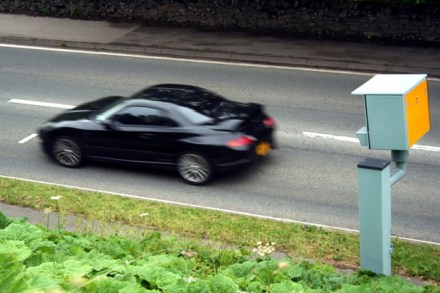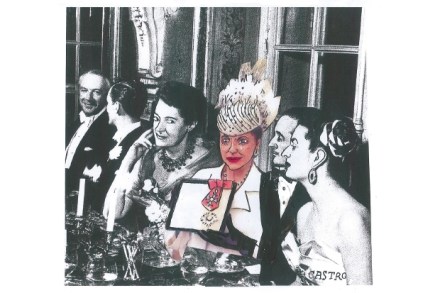The Spectator’s notes | 11 June 2015
Two beautiful volumes in a cloth-bound case reach me. They are Speeches and Articles by HRH The Prince of Wales 1968-2012, published by University of Wales Press. The explanatory list of abbreviations and acronyms alone gives a charming sense of the range of subjects covered — ‘Foot and Mouth Disease, Foreign Press Association, Forest Stewardship Council … Myalgic Encephalopathy, Member of Parliament … Non-Commissioned Officer … Not In My Back Yard! … Roundtable for Sustainable Palm Oil’. Among the many speeches on the environment, however, I cannot find his speech in Rio de Janeiro in March 2009, entitled ‘Less Than 100 Months To Act’. There Prince Charles warned that if



















